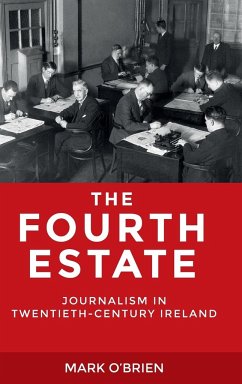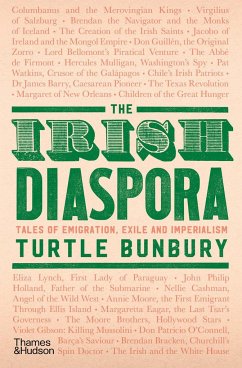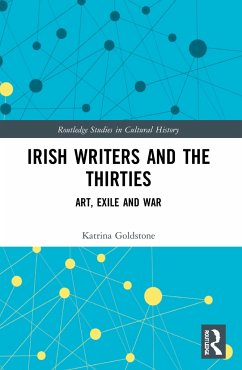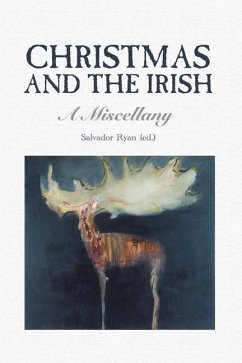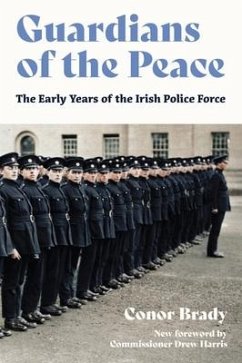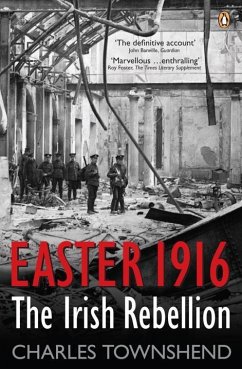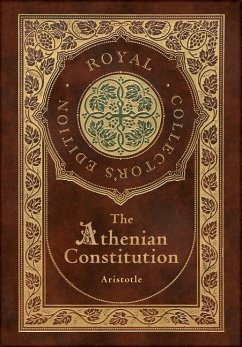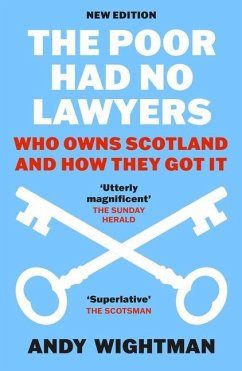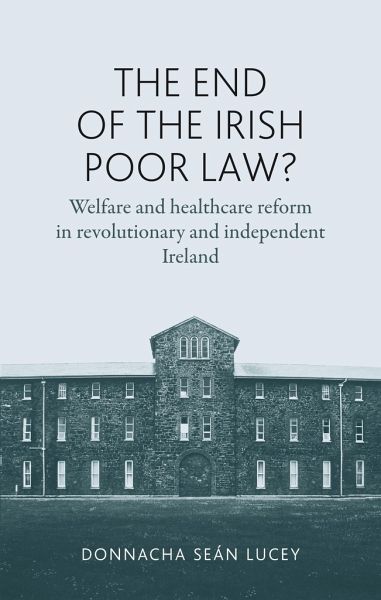
The End of the Irish Poor Law?
Welfare and Healthcare Reform in Revolutionary and Independent Ireland

PAYBACK Punkte
64 °P sammeln!
This book examines Irish Poor Law reform during the years of the Irish revolution and Irish Free State. This work is a significant addition to the growing historiography of the twentieth century which moves beyond political history, and demonstrates that concepts of respectability, social class and gender are central dynamics in Irish society. This book provides the first major study of local welfare practices and exploration of policies, attitudes and the poor. This monograph examines local public assistance regimes, institutional and child welfare, and hospital care. It charts the transforma...
This book examines Irish Poor Law reform during the years of the Irish revolution and Irish Free State. This work is a significant addition to the growing historiography of the twentieth century which moves beyond political history, and demonstrates that concepts of respectability, social class and gender are central dynamics in Irish society. This book provides the first major study of local welfare practices and exploration of policies, attitudes and the poor. This monograph examines local public assistance regimes, institutional and child welfare, and hospital care. It charts the transformation of workhouses into a network of local authority welfare and healthcare institutions including county homes, county hospitals, and mother and baby homes. The book's exploration of welfare and healthcare during revolutionary and independent Ireland provides fresh and original insights into this critical juncture in Irish history. The book will appeal to Irish historians and those with interests in welfare, the Poor Law and the social history of medicine and institutions.




